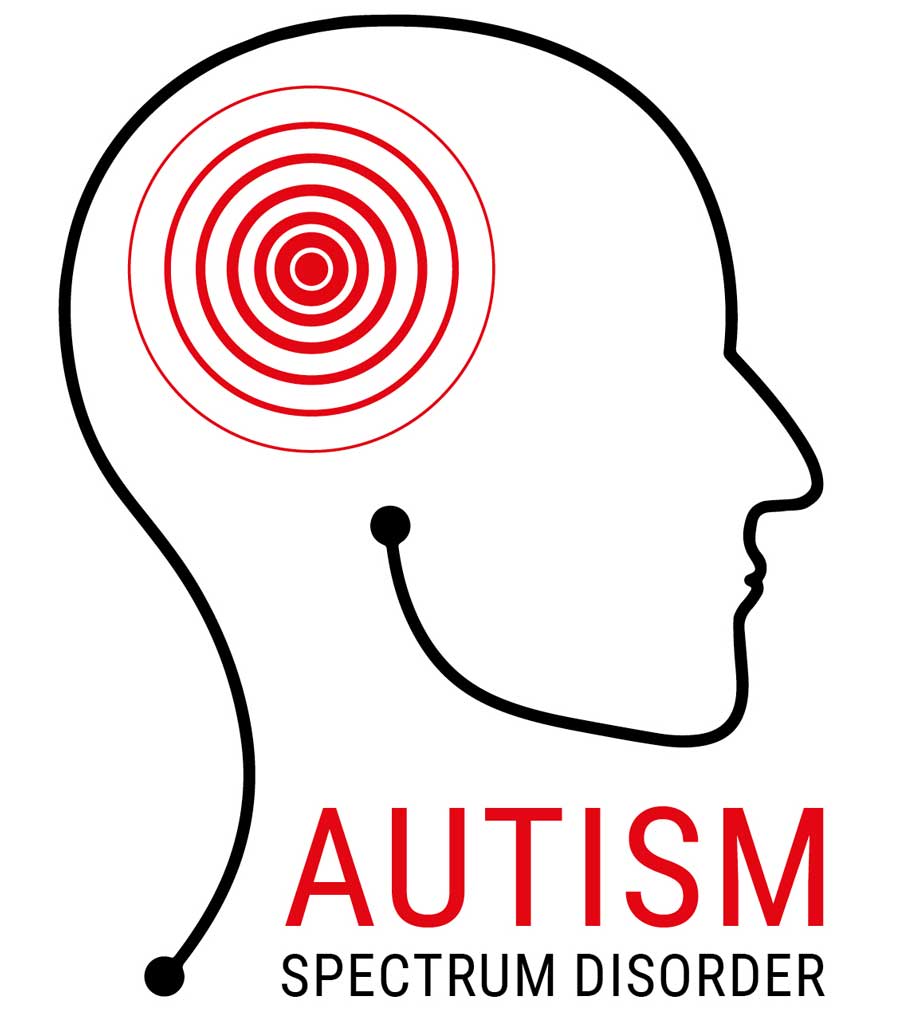Important points to know about autism
More and more people, especially children, suffer from autism-spectrum-disorders. In other words, the clinical picture that accompanies a profound developmental disorder and expresses itself through a limited interest with stereotyped behavior. As a result, the affected experience suffering and pain on a psychological level. Depending on associated symptoms, this can lead to physical pain, for example, inflammation of the nerves.
The trend is worrying. According to statistics, the number of people affected has increased significantly in recent years. For example, the United States Centers for Disease Control (CDC) reports an increase of 57 percent for the survey period 2002-2006 alone (to the report).
The search for solutions
With this in mind, it is perfectly understandable that the affected and their therapists are looking for solutions that go beyond clinical measures. This is what this website and the International Congress on Autism-Spectrum-Disorders (link to the program) are all about.
Clinical medicine helps the person concerned through behavioral therapy and through treatment of associated symptoms on a symptomatic level. This is very important to make daily life easier for the affected.
Holistic physicians complement these efforts through a cause-based approach. Their aim is to find out the possible causes, ideally to solve them, and in this way to help those affected to cope better with their illness. There are indications, for example, that a disturbed intestinal environment and a weakened immune system can play a part in it, as can environmental pollution and even food intolerances. In part, causal relationships are already extensively researched (more on this in the category Science and Autism).
Supplementary therapy methods want to support
More and more therapists are focusing on complementary therapies that address such causal relationships. One of the most dedicated physicians in the field of autism is the Swedish psychiatrist, Dr. Blomberg, Speaker at the International Congress on Autism-Spectrum-Disorders. Dr. Blomberg is a psychiatrist. For 30 years, he has been using numerous therapeutic approaches to help people with autism-spectrum-disorders. His tireless search for possible solutions for autism led him, among other things, to the cause-oriented approach with the bio resonance according to Paul Schmidt (more in the category bioresonance and autism). He combines these with various measures, such as the rhythmic movement training, developed by him, and a specific, tested diet for the affected person.
In the future, we will be reporting about interesting starting points and further developments on this page, that will support the affected persons starting from the causes to the solutions.
